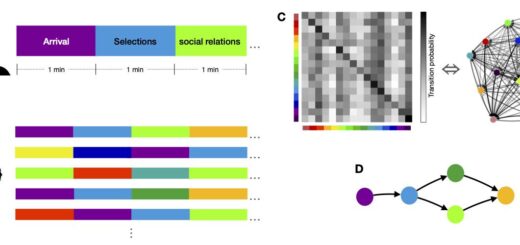Tuesday 6 December 2022 – Postgraduate Panel I [online] – Darren Reid (UCL), Devin Short (Washington)
This seminar is 5:30 pm – 6:30 pm GMT live on Teams, and later posted to our YouTube channel.
Session chair: Alice Kinghorn
The IHR Digital History Postgraduate Panels showcase historical research using digital methods that is taking place in the postgraduate community. A series of short papers will be followed by a question and answer session.
Paper 1: Video games as public history: using game design to disseminate historical research to diverse audiences – Darren Reid, UCL
Public engagement is an increasingly important aspect of academic history, and video games have received significant attention as a medium for disseminating historical representations and arguments. Yet despite the availability of easy-to-use development tools, historians have been slow to adopt game design to share their research with public audiences. To determine whether game development is a practical and effective method for the average historian, I am developing a video game based on my dissertation and recording the theoretical, methodological, and practical decisions and challenges that game development as public engagement entails. My video game puts players in the role of secretary of a nineteenth-century British philanthropic society, and shows players through the mechanics of play how imperial philanthropy worked and why it existed. In this paper, I will present my experiences in historical game development and reflect on the limitations and possibilities of video games as public history, invite feedback on my game, and spark discussion on the future of video games for public engagement.
Biography: Darren Reid is a PhD candidate at University College London, where he studies how imperial networks functioned in settler colonial spaces. His current project looks at the Aborigines Protection Society through the lens of its colonial informants, and explores how colonial subjects continued to demand imperial intervention in the decades after self-government. Darren is also a digital humanities enthusiast, web developer, and game designer. Learn more about his work at https://www.darrenreid.ca/.
Paper 2: “Picking your mess: designing a database system for historical scholarship” – Devin Short, University of Washington
Databases can be important tools in historical studies, however most databases require “clean” input. Historical data is inherently messy, and “data cleaning” destroys relations we often want to track. As a very simple example, if one source called someone “Miss Joanne Gerould” and another called the same person “Joanne Simpson,” we could make inferences about Gerould’s story, in this case that Gerould probably married at some point. When entering information about Gerould or about these sources in a database, we would need to pick a “standard” name and figure out an additional method to track information about non-standard names and the sources using them. I will discuss a new database system called bibliograph I have designed to address these problems. Rather than cleaning data and inventing workarounds to do historical work, bibliograph encourages us to pick our mess, exposing ambiguities and contradictions central to historical scholarship.
Biography: Devin Short is a PhD candidate in history at the University of Washington in Seattle and my dissertation focuses on the history of climate modelling in the United States from around 1960 to 2000. Devin is also working towards a graduate certificate in climate science through the UW college of the environment. Previously they took a master’s degree in nuclear science at Simon Fraser University, and their work since switching fields has often involved translating concepts and skills between specialists and non-specialists in a variety of fields.

How do I join this seminar? I can’t find any instructions in the email post. Thanks, kelvin